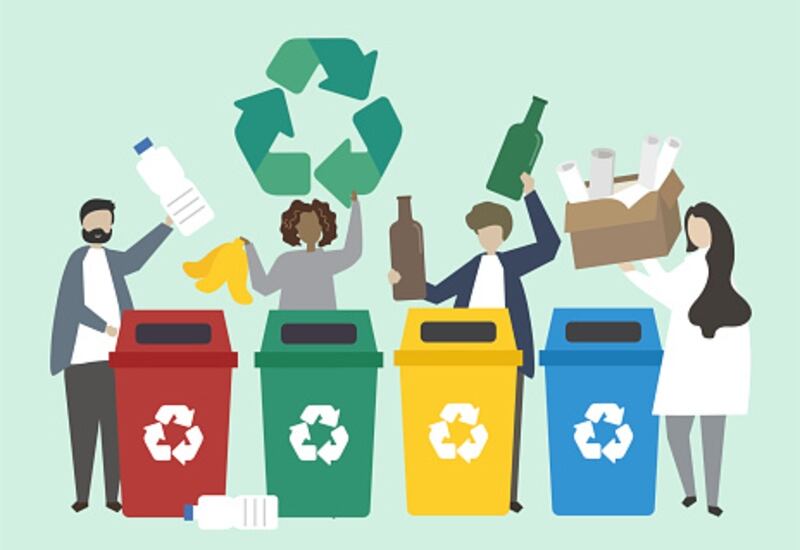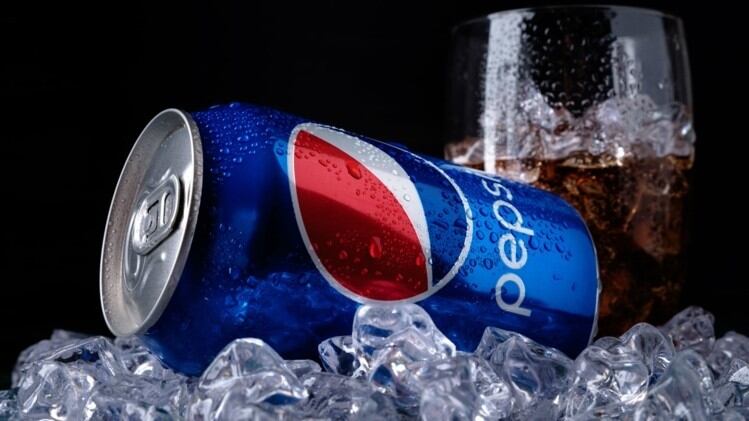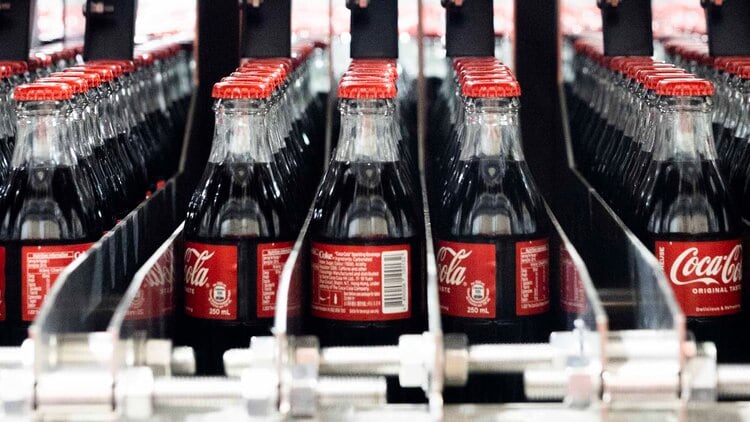Earlier this year, South Korea’s Ministry of Environment (MOE) announced the enforcement of more stringent regulations to establishing food and beverage as recyclable, which is expected to see more types of packaging falling into the undesired ‘difficult to recycle’ category as this would mean higher costs for the manufacturers.
This is in addition to various other initiatives over the past few years working towards perfecting its local recycling system including a 2019 act on recycling and making modifications to recycling labels and symbols to maximise consumer action.
In its most recent move, the government has formally promulgated the local Food Sanitation Act to include regulations which govern the use of recycled materials in food and beverage packaging, under the power of the Ministry of Food and Drug Safety (MFDS).
“A new application procedure has been put in place for all food and beverage manufacturers looking to produce relevant packaging, apparatus, containers or other food-related items using recycled materials,” MFDS stated via a formal statement.
“This application must be made to MFDS with the appropriate documents, and all applications will be subject to a ministerial review to ensure that the recycled materials being used are in compliance with local standards.
“Only upon passing this review will the applicant be issued a certificate that approves them for the manufacturing of any recycled packaging for food and beverage usage.
“This is to protect and promote public health by preventing any harm caused by food [and related materials].”
In addition, under these new regulations, South Korea has also officially banned all recycled food and packaging material that has not obtained MFDS approval from being made or used in the country.
“If the packaging, container, apparatus etc. made using recycled material has not [undergone the MFDS review] and obtained MFDS certification, it is illegal to be manufactured, imported, stored, transported, displayed or used for any sort of business purposes,” said the ministry.
“Violation of this decree shall be punishable by imprisonment with labour for not more than five years, a fine not exceeding KRW50mn (US$38,000) or both.
“Business owners are expect to conduct direct inspections as well [and] any risk of harm to public health must be MFDS without delay.”
‘Potentially hazardous to health’
In the latest Food Sanitation Act update, MFDS also reworded the regulation specifying local governments’ roles in managing nutrients that are ‘potentially hazardous to health’ to clarify these and avoid any possible controversy.
“All state and local governments [in South Korea] are responsible for reducing public health risks [reworded from ‘responsible for public health risks’ previously] due to the excessive consumption of nutritional components such as sodium, sugars, and trans fats,” read the new article.
“These are considered nutritive components that are potentially hazardous to and may harm health, and all efforts must be made by the local authorities to prevent possible harm from occurring to consumers.”
The onus has been placed on local governments not just to maximise consumer health with regard to nutritional intake, but also to improve local food supply to ensure the public has sufficient food, an order imposed by the local Ministry of Agriculture, Food and Rural Affairs (MAFRA) just a few months back.





